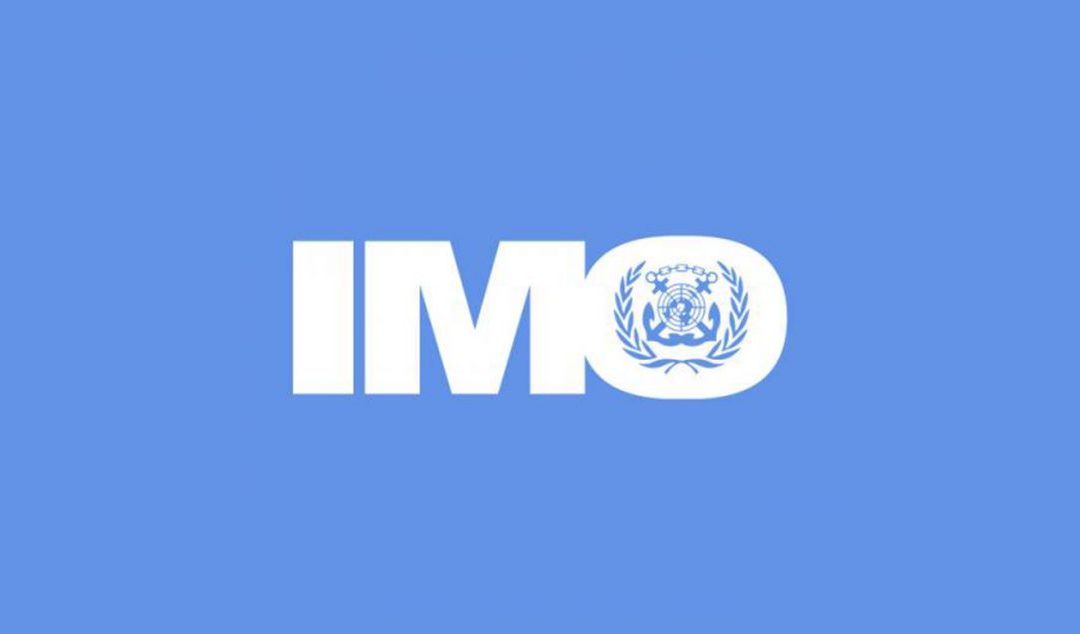With discussions regarding the IMO’s Carbon Intensity Index (CII) due to recommence at their Marine Environment Protection Committee (MEPC) 82 meeting in September and amid growing concerns surrounding the CII in its present form, a group of industry associations has issued calls to refine the CII rating system to reflect the environmental performance of ships and avoid driving behaviours counterproductive to the reduction of global greenhouse gas emissions.
A joint policy statement issued on behalf of leading owners’ associations BIMCO, CLIA, INTERCARGO, INTERMANAGER, ICS, and INTERTANKO underscores the importance of a tailored approach.
“To achieve the IMO’s intent, the CII scheme must reflect the true efficiency rating of each ship,” the statement reads. ”A one-size-fits-all instrument, as the CII is currently designed, it has inherent flaws that work against its intended purpose of supporting our collective objective of reducing GHG emissions across the maritime industry.”
The statement calls on the IMO “to amend the current CII system to avoid unintended consequences that are contradictory to reducing overall GHG emissions. Indeed, the IMO has already received 78 proposals submitted by every sector of shipping, also calling for amendments to the CII.”
INTERCARGO, the association of dry bulk shipping companies, has indicated that the CII in its current format is inadequate and its one-size-fits approach, has inherent flaws that unfairly punish the shipping industry, particularly the dry bulk sector.
In addition, INTERCARGO is calling on the regulatory authorities to work in closer cooperation with the shipping industry and flag states, to ensure that the true environmental performance of vessels is reflected in the CII.
Kostas Gkonis, Secretary General of INTERCARGO, said: “In March the IMO recognised the concerns raised by the shipping industry relating to the shortcomings and unintended consequences of the CII, resulting in agreement that it should be reviewed. The IMO has, so far, received 78 submissions calling for amendments and/or highlighting the concerns of the CII. INTERCARGO and the rest of the shipping industry will be part of the solution to these issues, and we look forward to the commencement of the CII review at the IMO’s Marine Environment Protection Committee in the autumn.”
Separately, tanker owners’ body INTERTANKO has been exploring the specific challenges faced by tankers, particularly small LNG and fuel oil refuelling carriers.
INTERTANKO’s latest submissions to the IMO’s Marine Environment Protection Committee (MEPC 82) draw on data gathered from its Members and highlight a critical issue: the current CII framework unfairly penalises small LNG and fuel oil carriers, many of which are primarily engaged in bunkering operations rather than traditional transport work. These vessels are often operating on short voyages between neighbouring ports, leading to persistently low CII ratings that do not reflect the true energy efficiency or environmental impact of their operations.
“As the shipping industry continues to move towards increased transparency, it is imperative that the regulatory frameworks like the CII accurately represent the diverse activities within our sector,” stated Tim Wilkins of INTERTANKO. “We urge the IMO and relevant stakeholders to consider our findings and recommendations to ensure that the CII ratings genuinely contribute to reducing our carbon footprint without penalizing specific sectors unfairly.”
Source: Ship Management International






